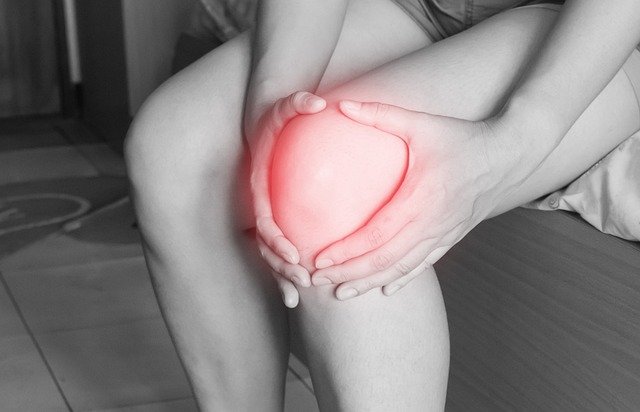Effective Strategies for Knee Pain Relief: Exercise and Home Remedies
Knee pain is a common issue that affects millions of people worldwide, impacting daily activities and quality of life. Whether caused by injury, arthritis, or overuse, finding effective relief is crucial for maintaining mobility and overall well-being. This article explores various strategies, including exercise and home remedies, to alleviate knee pain and promote joint health.

What Are Effective Home Remedies for Knee Pain?
Several home remedies can provide relief from knee pain without the need for medication or medical intervention. Applying ice or cold packs to the affected area for 15-20 minutes at a time can help reduce inflammation and numb pain. Alternatively, heat therapy using warm compresses or heating pads can increase blood flow and relax tense muscles around the knee. Gentle massage of the surrounding muscles can also help alleviate tension and promote relaxation. Elevating the leg and resting the knee periodically throughout the day can reduce swelling and provide relief from discomfort.
How Can Lifestyle Changes Improve Joint Health?
Making certain lifestyle modifications can significantly impact joint health and reduce knee pain. Maintaining a healthy weight is crucial, as excess weight puts additional stress on knee joints. A balanced diet rich in anti-inflammatory foods such as fatty fish, nuts, and leafy greens can help combat inflammation associated with knee pain. Staying hydrated is also essential for joint health, as water helps lubricate joints and reduce friction. Proper footwear with adequate support can alleviate pressure on the knees, especially during physical activities. Additionally, avoiding prolonged periods of inactivity and incorporating regular movement into daily routines can help keep joints flexible and reduce stiffness.
What Role Does Inflammation Play in Knee Pain?
Inflammation is often a key factor in knee pain, whether acute or chronic. It can result from injury, overuse, or underlying conditions such as arthritis. When inflammation occurs, the tissues around the knee joint become swollen, causing pain and limiting movement. Managing inflammation is crucial for effective knee pain treatment. Anti-inflammatory foods, such as turmeric, ginger, and berries, can be incorporated into the diet to help combat inflammation naturally. Over-the-counter non-steroidal anti-inflammatory drugs (NSAIDs) may also provide relief, but should be used under medical guidance. Additionally, techniques like ice therapy and gentle exercise can help reduce inflammation and associated pain.
What Exercises Are Most Beneficial for Knee Pain Relief?
Specific exercises targeted at strengthening the muscles supporting the knee joint can be highly effective in reducing pain and improving function. Quadriceps strengthening exercises, such as straight leg raises and wall squats, help support the knee from above. Hamstring curls and bridges work on the muscles behind the thigh, providing balanced support. Calf raises can improve lower leg strength, which is important for overall knee stability. Low-impact cardio exercises like stationary cycling or elliptical training can improve circulation and joint mobility without putting excessive stress on the knees. It’s important to start any exercise program gradually and consult with a healthcare professional or physical therapist to ensure the exercises are appropriate for your specific condition.
When Should Professional Treatment Be Sought for Knee Pain?
While many cases of knee pain can be managed with home remedies and lifestyle changes, there are instances where professional medical attention is necessary. Persistent pain lasting more than a few weeks, severe swelling, inability to bear weight on the affected leg, or signs of infection such as redness and warmth around the knee joint warrant a visit to a healthcare provider. Additionally, if knee pain is accompanied by fever, affects multiple joints, or significantly impacts daily activities, it’s important to seek professional evaluation. A healthcare provider can offer a proper diagnosis and develop a comprehensive treatment plan, which may include physical therapy, medication, or in some cases, surgical intervention.
In conclusion, managing knee pain effectively often involves a multifaceted approach combining exercise, home remedies, and lifestyle modifications. By strengthening supporting muscles, reducing inflammation, and making appropriate lifestyle changes, many individuals can find significant relief from knee pain. However, it’s crucial to listen to your body and seek professional advice when needed to ensure optimal joint health and overall well-being.
This article is for informational purposes only and should not be considered medical advice. Please consult a qualified healthcare professional for personalized guidance and treatment.




